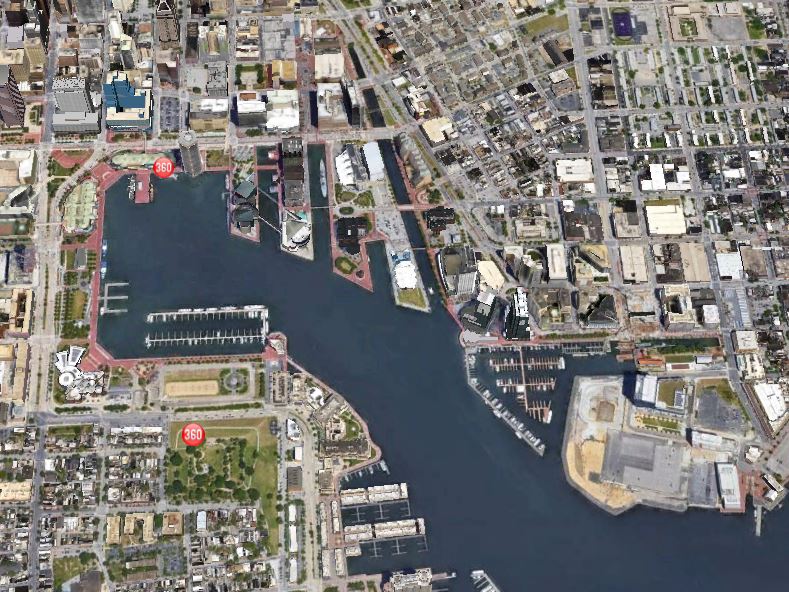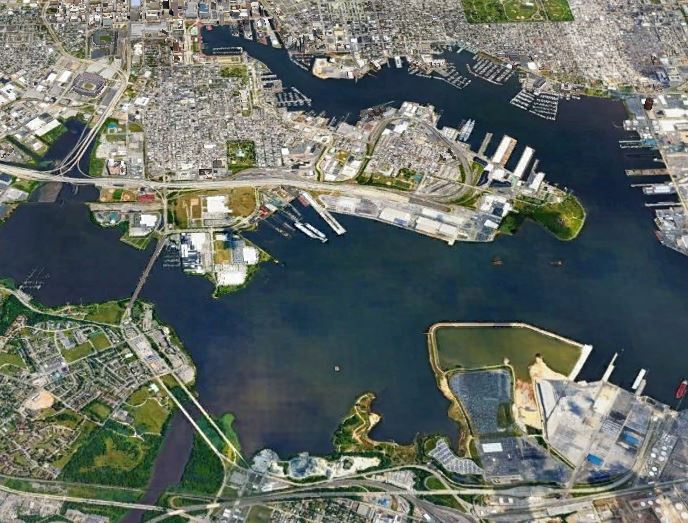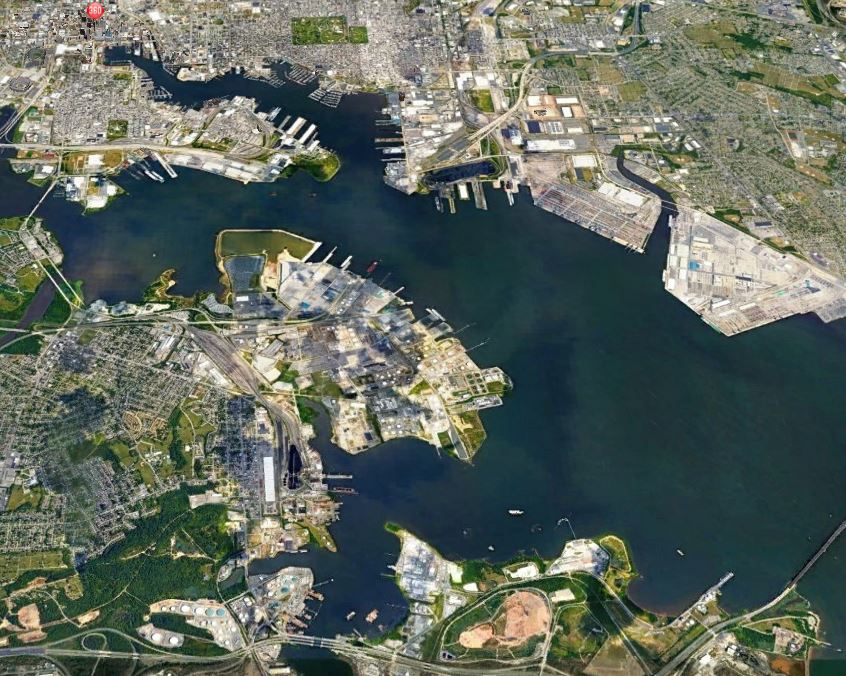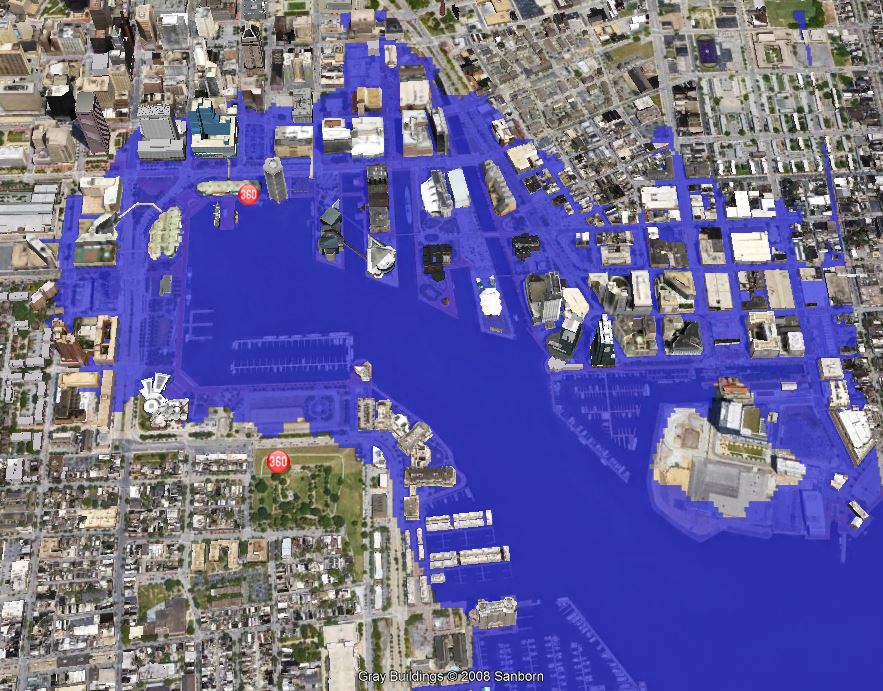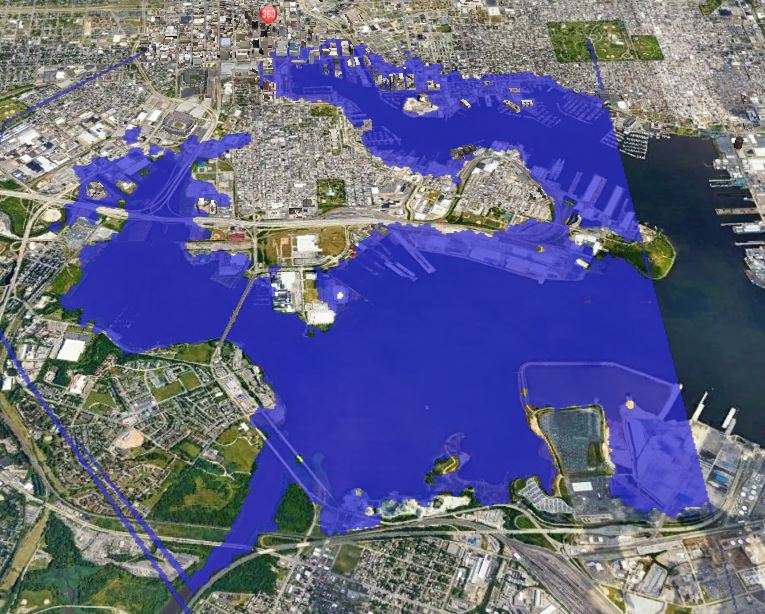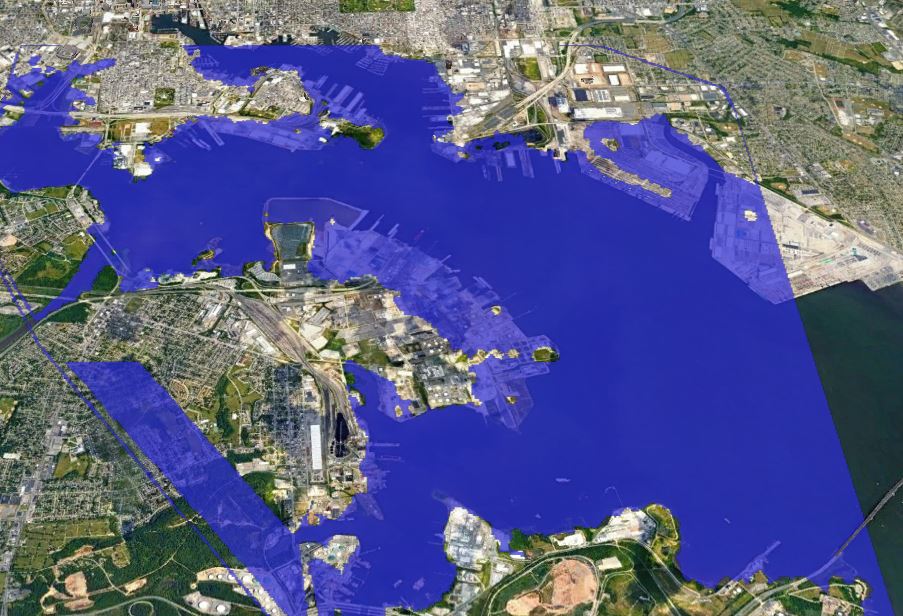Dr. Wang's research interests are software engineering and computer science education, scientific computation and GIS integration, programming languages, and Artificial Intelligence.
| Recent Participation in Funded projects |
| 2024-2026: NSF EPIIC(Enabling Partnerships to Increase Innovation Capacity) program with a project titled: Rural AI Solutions and Engagement (RAISE), $380,000. |
| 2024: NSF Convergence Accelerator Track K with a project titled: Prototyping decision support and monitoring tools for equitable management of salt contamination of water supplies in tidal rivers. The project website is here: SaltCast.io |
| 2023-2026: Maryland Department of Emergency Management Grant: Making Cambridge Resilient Flood Mitigation Project |
| 2020-2022: NSF grant with Maryland Research and Education Network (MDREN) Grant: CCC* Regional: Advancing Maryland Research and Education Network for Under-Resourced Institutions Through a Science DMZ and 10Gbps Upgrade from NSF. $799,767 (https://www.mdren.net/?p=1386) |
| 2019-2020: Maryland Center for Computing Education Pre-service Grant: Computing Readiness for the Eastern Shore Teachers (CREST). |
| 2016-2018: Maryland Seat Grant: Improving Prediction and Visualization of Coastal Inundation on the Eastern Shore of Maryland |
| 2014-2016: NOAA: Integrated Rapid-Response Observations and Ocean Ensemble Optimization to Improve Storm Intensity Forecasts in the Northeast U.S. |
| 2012: Salisbury University Faculty Mini-Grant with Dr. Harel Barzilai. The title of the research project is "Partnering with Maryland Schools to Pilot Concept-based Online Math Tutorials". |
| 2009-2010: NSF funded project - Bridges for SUCCESS Curriculum Coordination Project. The objectives of the project is to increase the total number of graduates in selected STEM disciplines by 75% within five years by increasing the number of chemistry, physics, mathematics, and computer science, and new earth science graduates. |
| Selected Publications and Presentations |
| Li, M., R. Najjar, S. Kaushal, A. Mejia, R. Chant, D. Ralston, H. Burchard, A. Hadjimichael, A. Lassiter, and X. Wang, 2025:"The emerging global threat of salt contamination of water supplies in tidal rivers", Environmental Science \& Technology Letters, invited global perspective, acceptable after revision. |
| Li, M., Z. Chen, A. Mejia, R. Chant, R. Najjar, A. Hadjimichael, S. S. Kaushal, S. Keitzer, A. Lassiter, S. Puckett, A N Rohith, A. Spangler, S. Wang and X. Wang, 2024:"Coupled hydrological-hydrodynamic modeling of watershed, tidal rivers and estuaries: Assessing the impacts of drought, sea-level rise and human-accelerated chemical weathering on salt intrusion and freshwater salinization.", Presentation at Physics of Estuaries and Coastal Seas (PECS) conference, September 23-27, Bordeaux, France. |
| Li, M., F. Zhang, S. Barnes and X. Wang, 2020:"Assessing Storm Surge Impacts on Coastal Inundation due to Climate Change: Case Studies on Baltimore and Dorchester County in Maryland", Natural Hazards 103, 2561–2588 (2020). |
| Li, M., F. Zhang, S. Barnes and X. Wang, 2019. Coastal inundation predictions for Maryland.
http://geronimo.hpl.umces.edu/mingli/. |
| Li, M., F. Zhang, Y. Guo and X. Wang, 2020:
“Probabilistic projections of high tide flooding for the State of Maryland in the 21st century.” Book chapter in Evaluating Climate Change Impacts, edited by Lyubchich Gel, Kilbourne, Miller, Newlands and Smith. Chapman and Hall/CRC. ISBN 9780815392378, 71-94. |
| Li, M., F. Zhang, S. Barnes and X. Wang, 2018: "Impacts of sea level rise and ocean warming on storm surge and coastal inundation in the mid and late 21st century". American Geophysical Union fall meeting, Washington, D. C. |
| Li, M., X. Wang and J. Peng, 2014: “Predicting and Visualizing Storm Surges and Coastal Inundation: a Case Study from Maryland, U.S.A.” Book chapter in Remote Sensing of Typhoon Impacts and Crisis Management, edited by Dangling Tang and Guangjun Sui, Springer, ISBN, 978—642-40694-2, 11-147. |
| Wang, X., R. Wan, H. Vernon, M. Thorne, and J. Barger, 2013: “Experimenting an Implementation-focused Approach to Undergraduate Compiler Course”, International Journal of Teaching and Case Studies, 2014 Vol.5, No.1, pp.69-81. |
| Wang, X. and H. Barzilai, 2013: “Incorporating Concept-based Pedagogy into K-8 Online Mathematics tutorials”, International Journal of Teaching and Case Studies, 2013 Vol.4, No.1, pp.70-82. |
| Wang, X. and J. Souders, 201: “Improving Debugging Education through Applied Learning”, The Journal of Computing Sciences in Colleges, Vol. 27, No. 3, January, 2012, 138-145. |
| Wang, X., 2010: “Teaching Programming Skills through Learner-Centered Technical Reviews for Novice Programmers”, Software Quality Professional, Vol. 13, No. 1, December 2010, 22-28. |
| Wang, X. and J. Fyfe, 2000: “Onset of planetary wave breaking in a model of the polar stratospheric vortex”. Journal of the Atmospheric Science, 57, 956-966; |
| Fyfe, J. and X. Wang, 1997: “Upper-boundary effects in a Contour Dynamics/Surgery model of the polar stratospheric vortex”. Atmosphere-Ocean, 35(2), 189-207; |
| Danard, M. and X. Wang, 1996: “Numerical integration of a linear barotropic model using three methods of treating meteorological and gravitational modes separately”. Meteorol. Atmos. Phys., 58, 1-11 |



